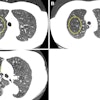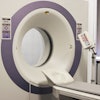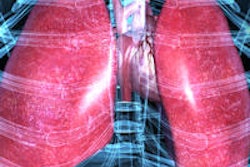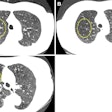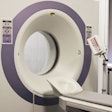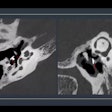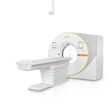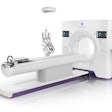Individuals undergoing annual CT lung cancer screening fare worse when the results are positive in the second or third annual round, concludes a new study based on the National Lung Screening Trial (NLST). Conversely, patients who had a noncancerous positive result at the first screening lived longer.
The findings from researchers at H. Lee Moffitt Cancer Center and Research Institute in Tampa, FL, were published online August 10 in PLOS One.
The U.S. Preventive Services Task Force (USPSTF) recommends regular low-dose CT lung cancer screening for individuals ages 55 to 74 who have smoked at least a pack a day for 30 years. The recommendation also includes heavy smokers who have quit within the past 15 years.
For the current study, the researchers used NLST data to assess outcomes in patients screened according to their initial 12- and 24-month results. They found that patients who had a negative initial scan but tested positive for lung cancer at the 12- or 24-month screening had lower survival and higher mortality rates than patients who started out positive with a noncancerous abnormality at the first screening round.
"Our findings suggest that individuals who originally present with negative screens and develop lung cancer 12 or 24 months later develop faster growing, more aggressive cancers that arose from a lung environment previously lacking abnormalities," said Matthew Schabath, PhD, an assistant member of Moffitt's Cancer Epidemiology Program, in a statement accompanying the study's release.
The data also underscore the importance of regular screening in individuals at high risk for lung cancer. While stopping smoking is an important way to reduce the risk of developing lung cancer, regular annual lung cancer screening is a proven method of detecting lung cancer in time to treat it, according to the researchers.
